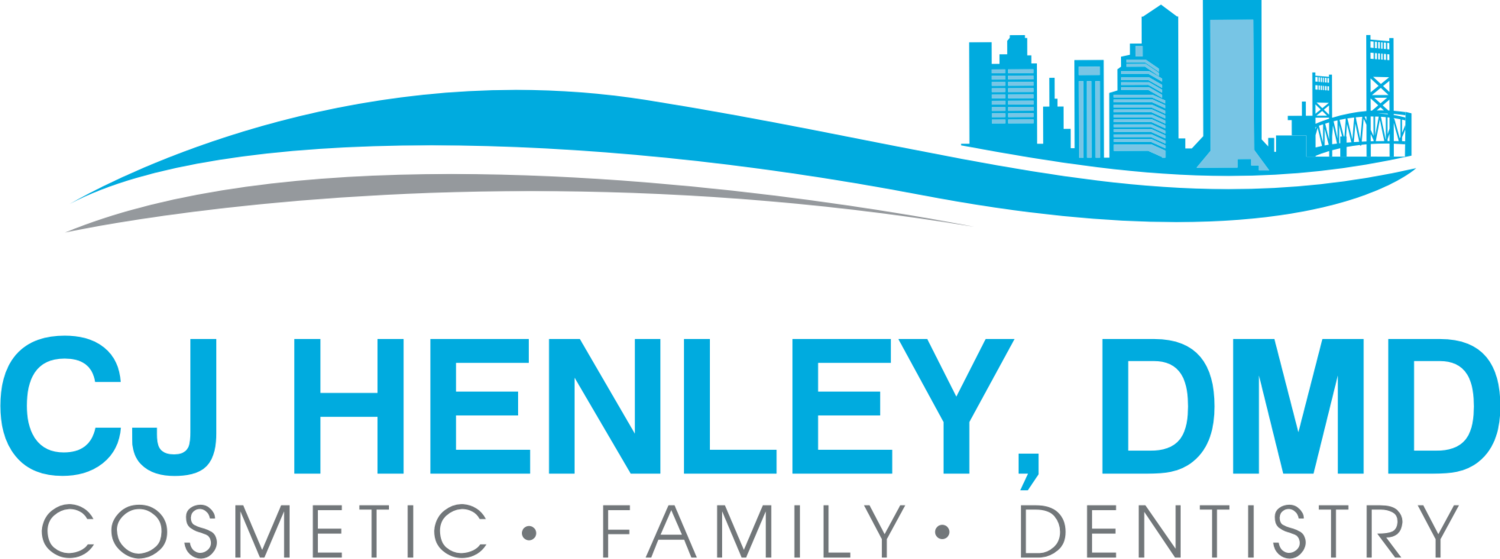A new study finds that severe gum disease may make an otherwise healthy person significantly more likely to develop high blood pressure.
"[Our] evidence indicates that periodontal bacteria cause damage to the gums and also triggers inflammatory responses that can impact the development of systemic diseases including" high blood pressure, said study author Dr. Francesco D'Aiuto, head of the periodontology unit at University College London Eastman Dental Institute. He spoke in a news release from the journal Hypertension, which published the report March 29.
The researchers studied 250 otherwise healthy adults with severe periodontitis and 250 healthy adults without the gum disease. Their median age was 35, meaning half were older, half younger.
Participants with gum disease were twice as likely to have high systolic blood pressure (140 mm Hg or more), than those with healthy gums (14% and 7%, respectively), according to the findings. The systolic level -- top number in a blood pressure reading -- is how much pressure your blood is exerting on your blood vessels as it moves through the body.
While only an association and not a cause-and-effect link was established, the findings suggest that about 50% of adults could have undetected high blood pressure due to gum disease -- a tissue infection that can also lead to inflammation and bone or tooth loss.
Researchers said preventing and treating gum disease may be a cost-effective way to reduce systemic inflammation and improve function of the endothelium, the thin lining inside the heart and blood vessels.
"Patients with gum disease often present with elevated blood pressure, especially when there is active gingival inflammation, or bleeding of the gums," said lead author Dr. Eva Muñoz Aguilera, senior researcher at the institute.
Because high blood pressure often has no outward symptoms, many individuals may be unaware that they are at increased risk for heart-related problems, she added in the release.
Having dental professionals screen for high blood pressure and make referrals to primary care providers while medical professionals also screen and refer for gum disease could benefit patients' health and reduce the burden of high blood pressure and its complications, according to D'Aiuto.
"Oral health strategies such as brushing teeth twice daily are proven to be very effective in managing and preventing the most common oral conditions, and our study's results indicate they can also be a powerful and affordable tool to help prevent hypertension," D'Aiuto concluded.

